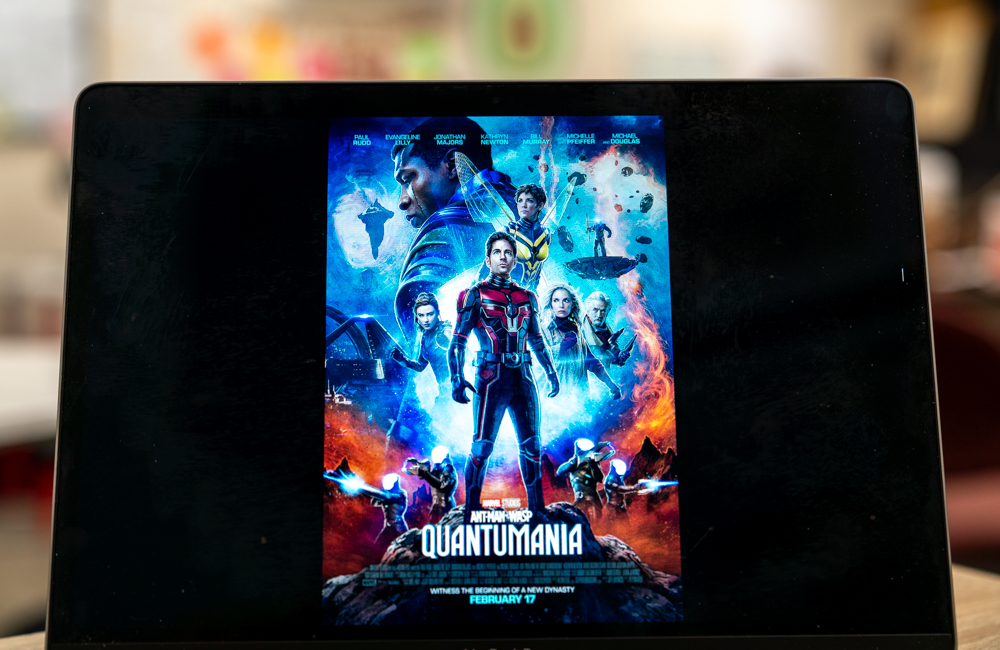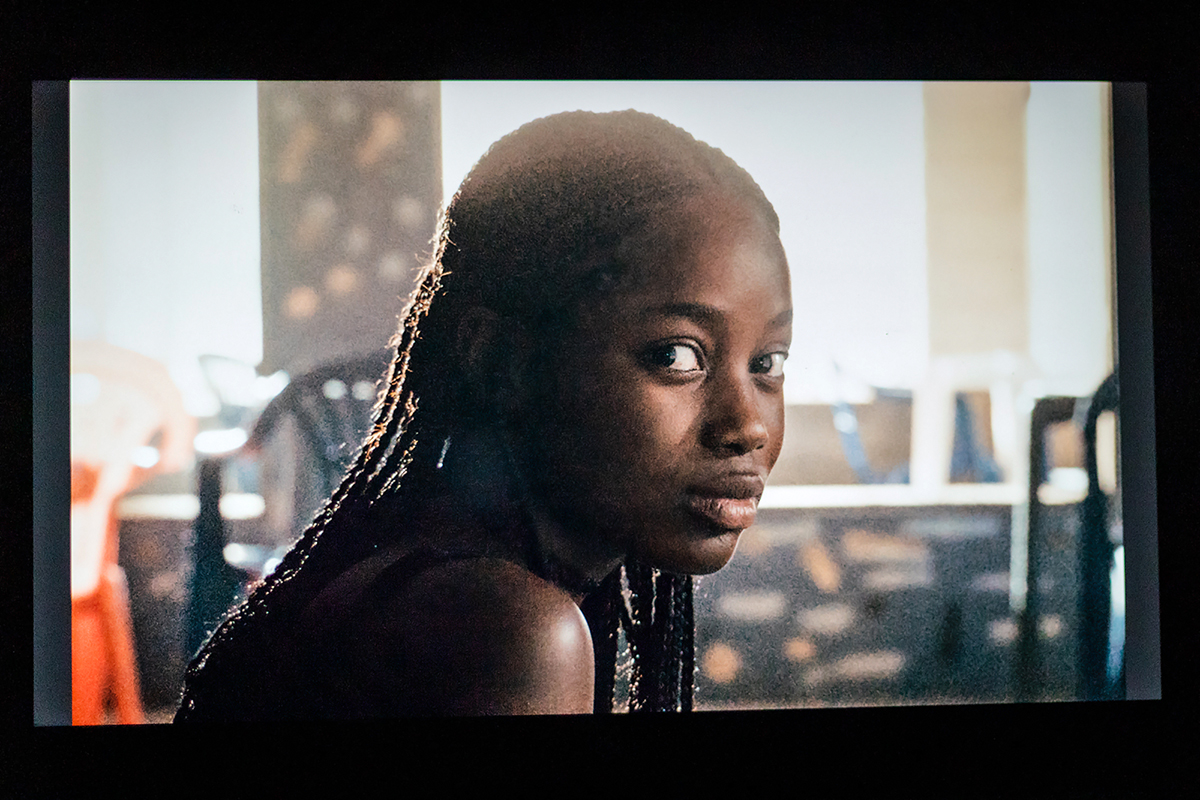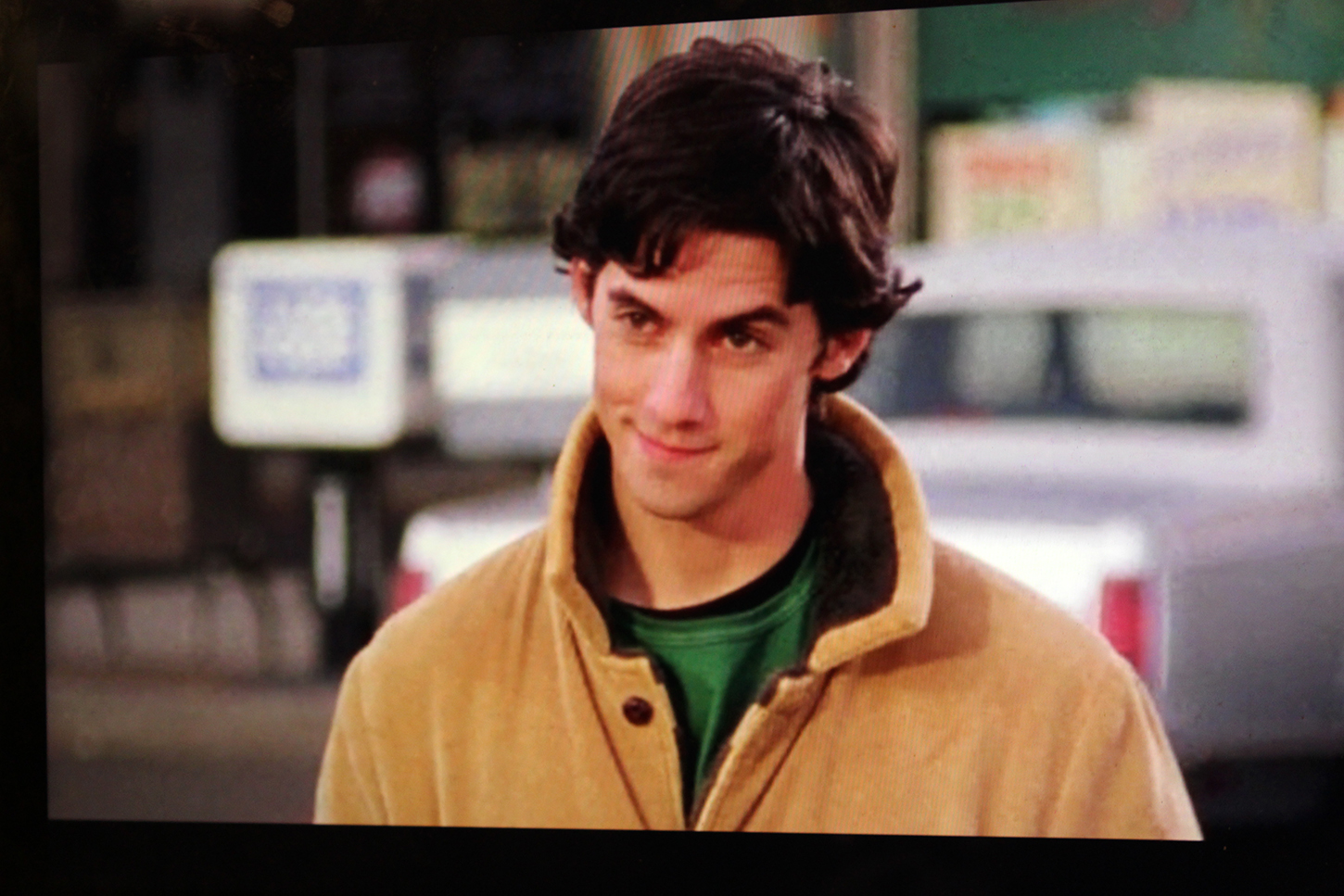Many have compared Martin Scorsese’s current predilection for casting Leonardo DiCaprio in his films to his previous collaborations with Robert De Niro. Scorsese and De Niro’s collaborations &-&- Taxi Driver, Raging Bull and the underrated King of Comedy &-&- were essentially character studies; portraits of a single person whom De Niro portrayed with varying degrees of psychosis. Yet there is a marked difference between those older films and Scorsese’s new work with DiCaprio, including Gangs of New York, The Aviator, The Departed and the duo’s latest, Shutter Island.
DiCaprio plays Teddy Daniels, a U.S. marshall sent to investigate the mysterious disappearance of inmate Rachel Solando (Emily Mortimer) from the so-called mental facility. Along with his new partner, Chuck (Mark Ruffalo), Daniels is faced with a staff that won’t talk to him, an oddly detached doctor (Ben Kingsley) and visions of his own haunted past.
Scorsese injects the proceedings with a masterful sense of paranoia, and while the plot is pedestrian, it comes to life through Scorsese’s experience behind the lens and the skill of the cast. Ruffalo, especially, deserves accolades for his subtle performance as Daniels’ confidant; it is his cool demeanor that allows DiCaprio to bounce off him. The tropes here are well-worn: creepy doctors, dark forests and ominous music. They’re nothing new, but they prove that when used properly, the old formulas work. Scorsese sinks his hooks in and jolts the viewer at will.
But Shutter Island is perhaps the best demonstration of the difference between De Niro/Scorsese and DiCaprio/Scorsese. When he worked with De Niro, Scorsese was all about getting inside the head of a character. Most people can’t tell you the plot of Taxi Driver, but they remember Travis Bickle looking in a mirror and asking “You talkin’ to me?” For whatever reason, that’s not the case anymore. Scorsese’s characters are strictly slaves to the all-important plot &-&- in fact, some show up for a scene or two only to never be seen again. He twists and twists his script into a noose, upon which he promptly hangs himself. The final reveal is all too obvious, stripping the film of any emotional punch and rendering it useless for multiple viewings.
At first, it is tempting to blame this on the source material. Shutter Island is based off of a novel by Dennis Lehane, and one of the main problems is that audiences never get any real depth or interior to Daniels &-&- something that is much easier to do in the pages of a book. Scorsese attempts to do this through dream sequences, but even those are used more to tell Daniels where he should go next in his waking life. This would also be less troubling were it not a trend in the DiCaprio movies: The Departed and Gangs of New York were similarly more about what was happening to the characters rather than the characters themselves, which leaves them feeling a bit empty. The great irony is that Daniels is somebody running from his past &-&- perhaps Scorsese should slow down and consider that himself.































































































































